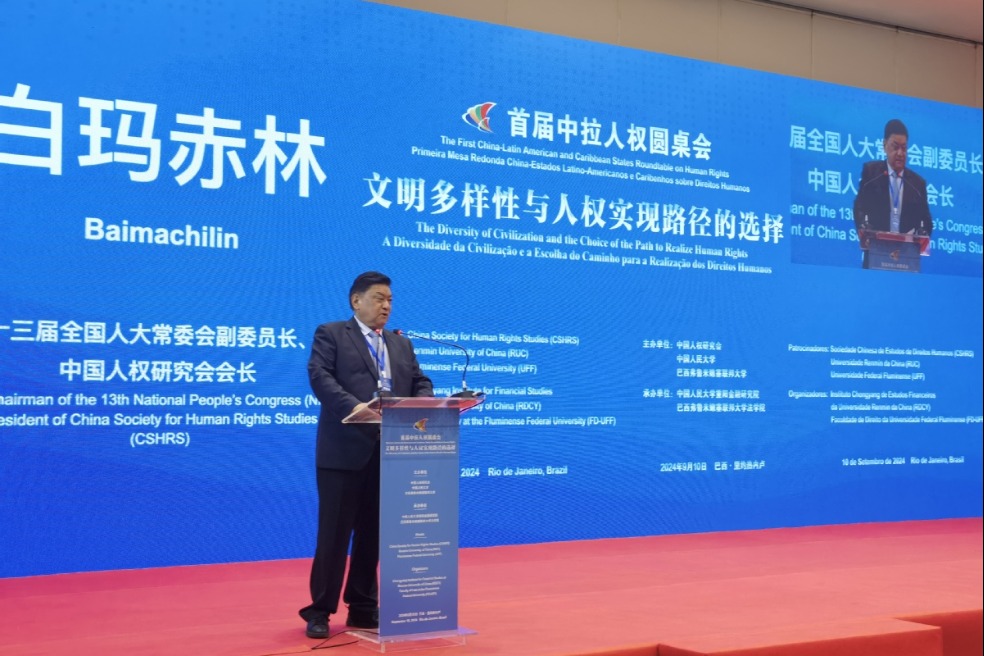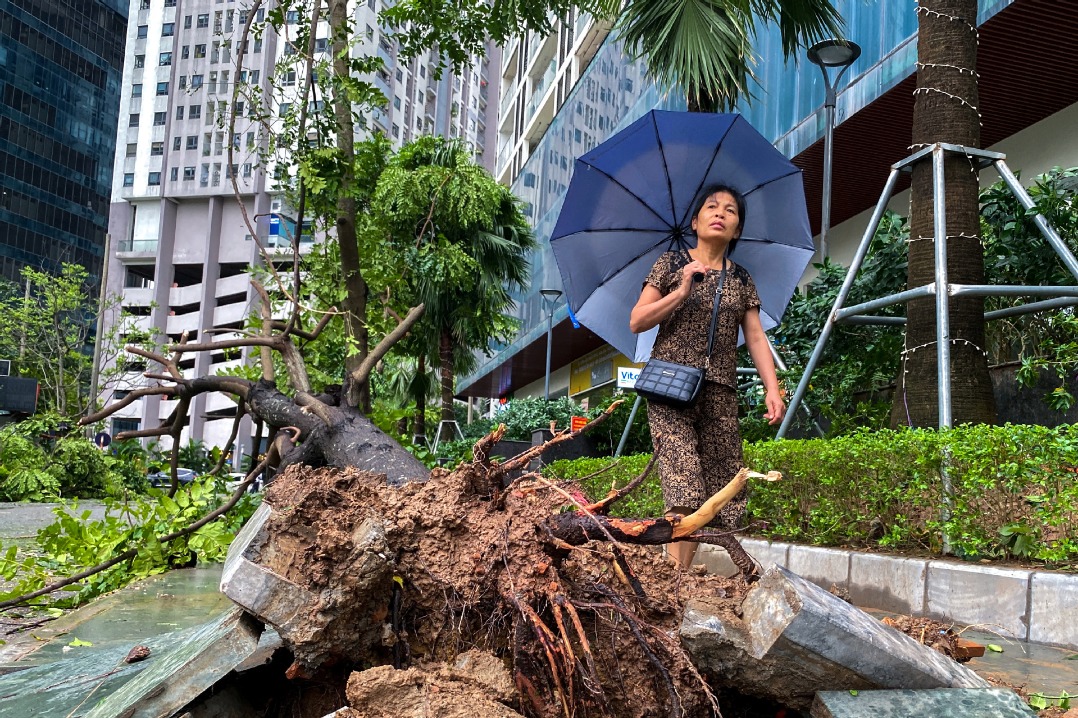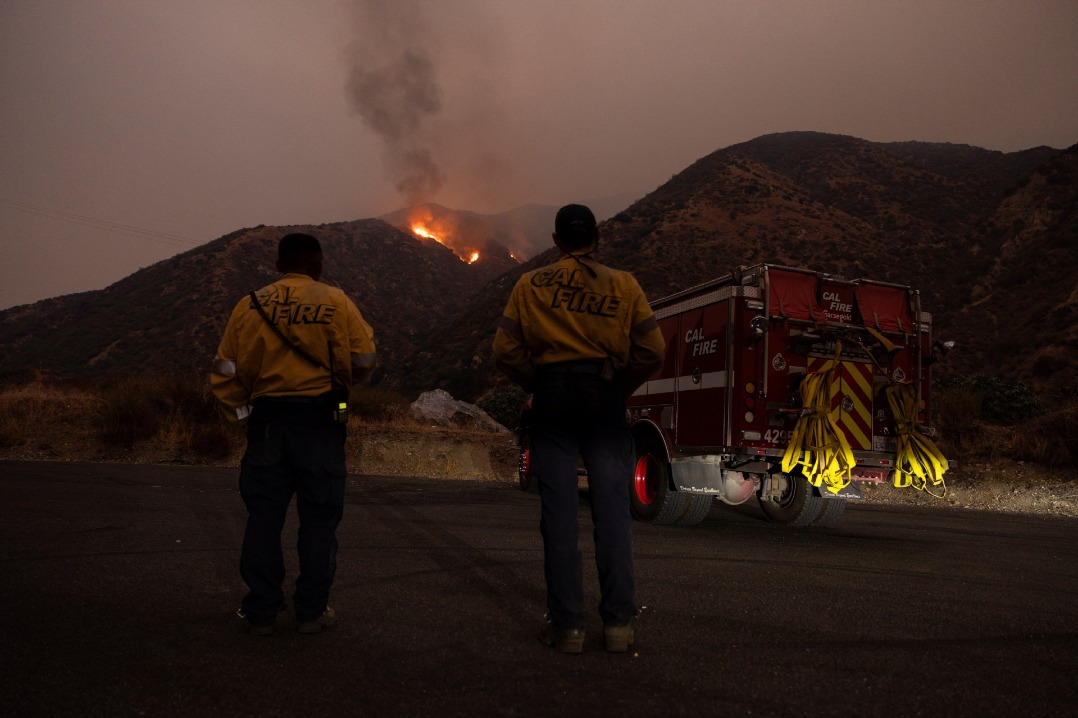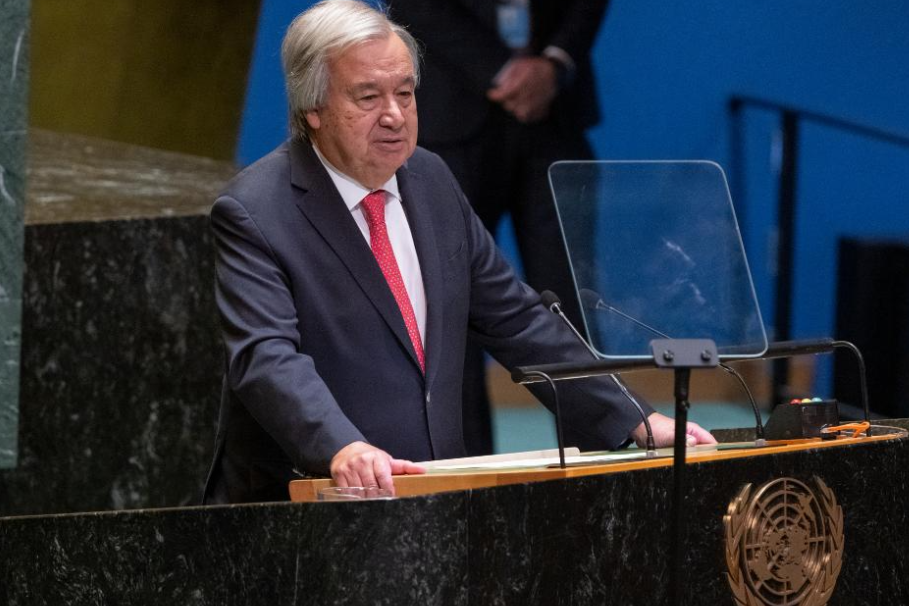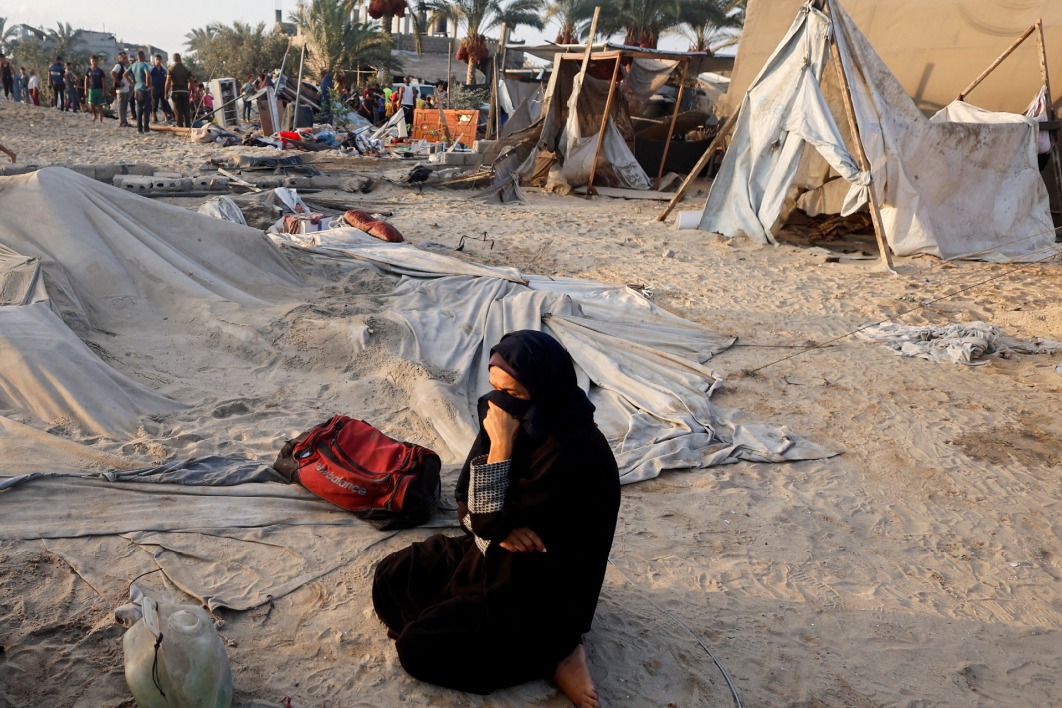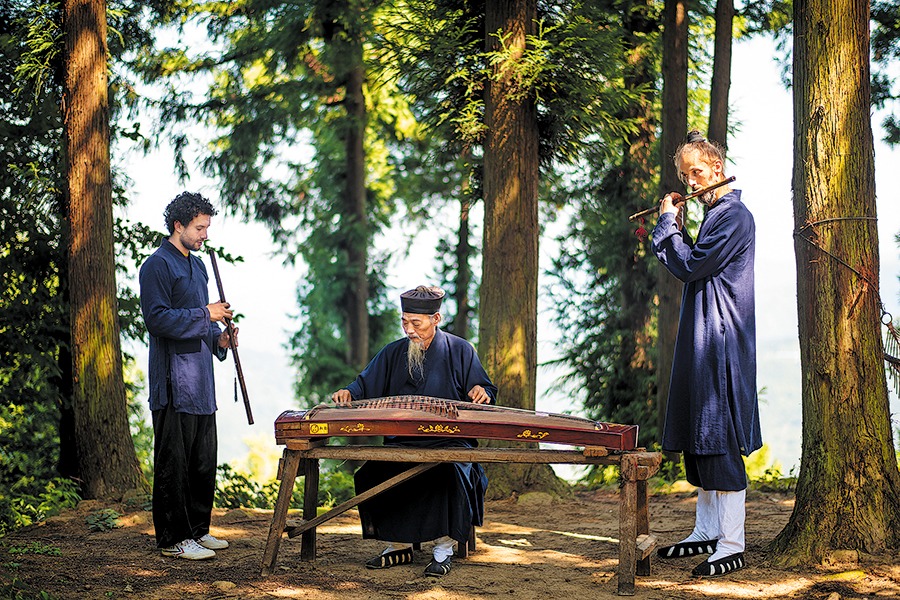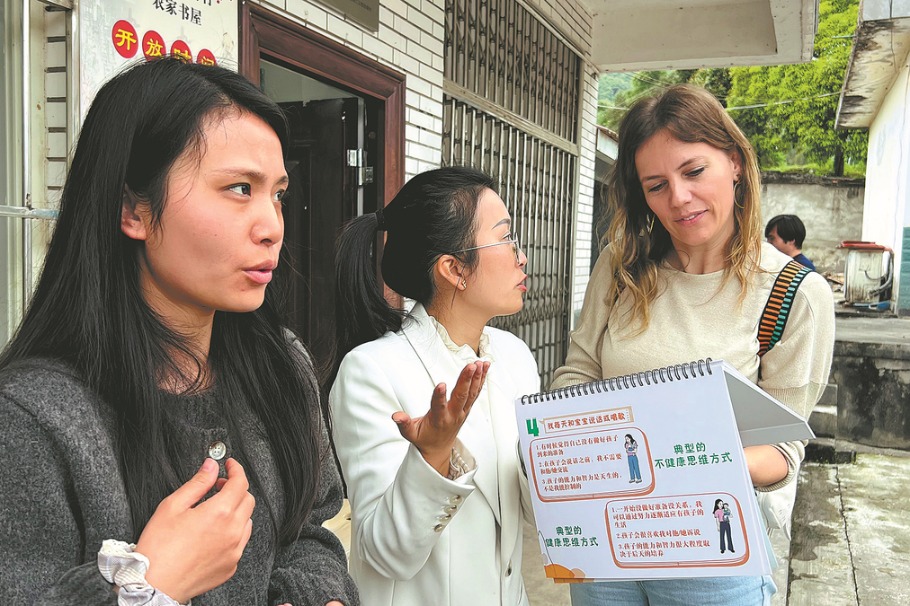Win-win exchanges important
Collaborative thinking and global cooperation key to pressing issues

Gyorgy Matolcsy, governor of Magyar Nemzeti Bank (MNB), the national bank of Hungary, hoped that President Xi Jinping's state visit to Hungary will take bilateral relations to new heights of economic and cultural exchanges.

The Hungarian politician and economist served as Minister of National Economy during the first two terms of Prime Minister Viktor Orban.
"I would like to underscore that cooperation is a win-win-win game for both Europe and Asia, and together we can win the future," said the 69-year-old, who has visited China many times.
"President Xi Jinping strives for establishing win-win partnerships, which is the only viable way for the international community to thrive in the long run."
Matolcsy described China as "a distinguished partner country" to Hungary and the MNB, adding that 75 years of diplomatic ties between the countries have built the groundwork for an enduring friendship, mutual understanding and trust, as well as diplomatic exchanges.
In his view, cooperation with China is essential for Hungary's competitiveness since China is already at the forefront of many critical technologies.
"This is also crucial for the green transition," he said. Many Chinese high-tech companies in the green sectors are making investments in Hungary.
Matolcsy believes Hungary and its capital, Budapest, are ideally positioned to serve as a hub, a connecting point between East and West.
He said that thanks to the Hungarian government's Eastern Opening policy in the past decade, a policy that the MNB firmly supports, Hungary has emerged as one of the few international centers of the Central and Eastern European region that could serve as an intellectual hub facilitating the exchange of expertise, ideas and breakthrough technologies.
"We welcome investments from China, which are becoming a more and more important part of the Hungarian economy," he said.
Chinese investments bring new technology and knowledge, help drive innovation, create jobs and can open doors to new supply chain opportunities and provide a large market for small and medium-sized Hungarian enterprises, enhancing their capabilities and competitiveness, according to Matolcsy, citing examples of Chinese battery maker CATL and car manufacturer BYD, both of which are making huge investments in Hungary.
He said the financial sector is one of the pivotal points of their relations, exemplified by the presence in Hungary of two of the four major Chinese commercial banks.
" (It) shows our country's growing significance in the global financial and economic landscape, and the flourishing ties between our great nations," he said.
Matolcsy said he is proud that MNB's relationship with the People's Bank of China, China's central bank, is thriving, especially in the fields of green sustainability and financial innovation.
The two central banks also regularly hold online talks on green finance initiatives and central bank digital currencies.
Matolcsy was pleased that he participated and delivered his thoughts at major forums in China, such as the Boao Forum for Asia, the Shanghai Forum and the Belt and Road Forum for International Cooperation.
He said that knowledge in itself is not the key to the 21st century, sharing this knowledge is.
He emphasized that it is only "joint thinking" and international cooperation that can solve the most pressing issues of today's turbulent times.
He believes that the 21st century is the beginning of the age of Eurasia, in which the world's economic center of gravity is returning to the heart of the Eurasian supercontinent, due to the emergence of Asian economies.
"In the face of China, we can recognize a wise country, a 5,000-year-old civilization, and a forward-looking great nation," he said.
chenweihua@chinadaily.com.cn

















